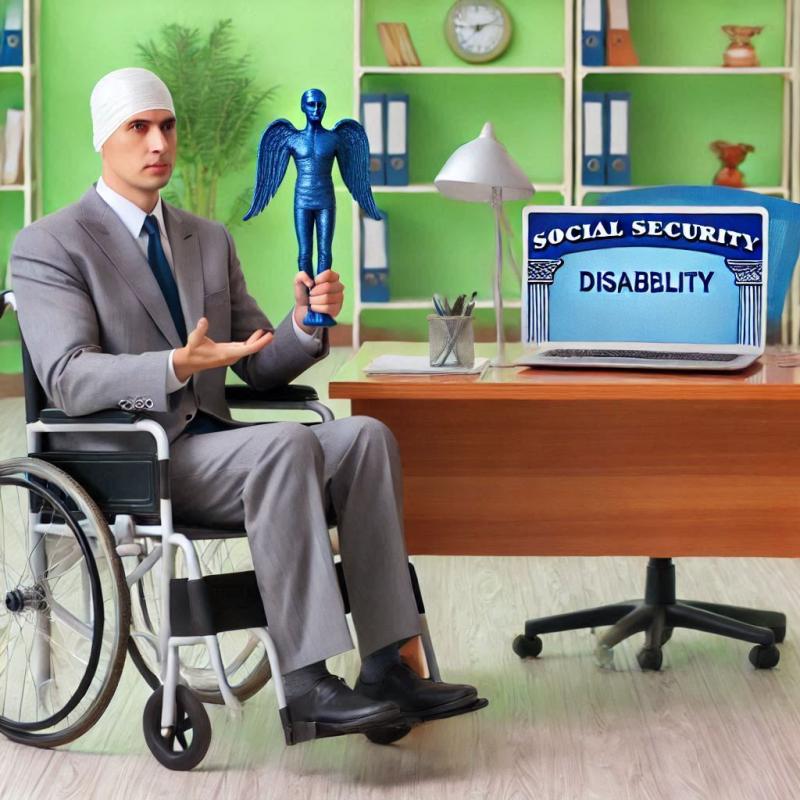Overcoming SSDI Denials: Insights from Fort Lauderdale Legal Experts

The Social Security Disability Insurance (SSDI) process can be complex and often disheartening, particularly when claims are denied. In Fort Lauderdale, many applicants face challenges at various stages of the process. However, understanding common reasons for denial and knowing how to navigate the appeals process can make a significant difference in achieving a positive outcome.
Common Reasons for SSDI Denials
A high percentage of initial SSDI applications are denied for a variety of reasons, including:
- Insufficient Medical Evidence: One of the leading causes of denial is the lack of adequate medical documentation to demonstrate the severity of the disability. This often happens when applicants fail to provide detailed records or fail to seek ongoing medical treatment.
- Failure to Follow Prescribed Treatment: If the Social Security Administration (SSA) determines that an applicant has not adhered to prescribed medical treatments without a valid reason, the claim may be denied, as it could suggest the disability is not as severe as claimed.
- Earnings Above Substantial Gainful Activity (SGA) Limits: Applicants earning above the SSA’s SGA threshold are considered capable of working and, therefore, ineligible for benefits.
- Incomplete Applications: Errors or omissions in the application, such as missing documentation or unanswered questions, can also result in denial.
The SSDI Appeals Process
For those who face denial, the SSA provides a structured appeals process. This system allows applicants to challenge unfavorable decisions and present additional evidence to support their case. The process typically includes four key stages:
- Reconsideration: In this step, a different SSA examiner reviews the claim to identify any new or overlooked information. While many reconsiderations result in another denial, it’s an essential first step in the appeals process.
- Hearing by an Administrative Law Judge (ALJ): If reconsideration is unsuccessful, applicants can request a hearing before an ALJ. This is often the most critical stage of the appeals process, as applicants can present their case in person, provide new evidence, and call on expert witnesses.
- Appeals Council Review: Should the ALJ rule against the claim, the next step is to request a review by the SSA Appeals Council. This body examines whether the ALJ made procedural errors or misinterpreted the evidence.
- Federal Court Review: As a final option, applicants can file a lawsuit in federal court. While this step is more time-consuming and costly, it can lead to a favorable outcome for cases that were improperly handled.
The Value of Legal Assistance
Navigating the SSDI claims and appeals process is daunting, particularly for those already dealing with the challenges of a disability. This is where legal assistance becomes invaluable. An experienced SSDI lawyer in Fort Lauderdale can guide applicants through every step of the process, from gathering essential documentation to representing them in ALJ hearings. Lawyers also ensure that all deadlines are met and that the claim is presented in the most compelling way possible.
SSDI denials are not uncommon, but they are far from the end of the road. With a clear understanding of the appeals process and the support of knowledgeable legal experts in Fort Lauderdale, applicants can greatly improve their chances of securing the benefits they need. Whether it’s a reconsideration request or representation at a hearing, taking the right steps after a denial can turn a challenging situation into a successful claim.
Post Your Ad Here
Comments